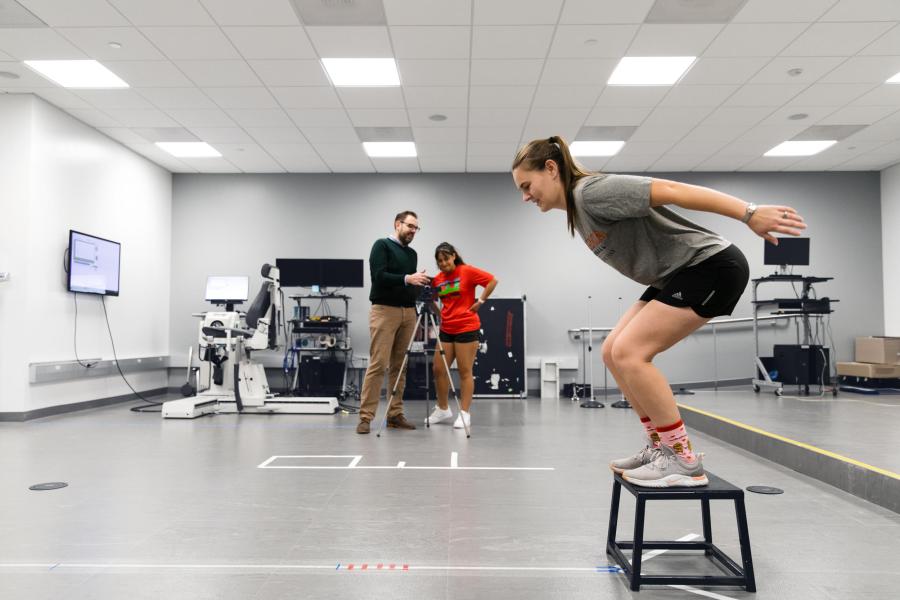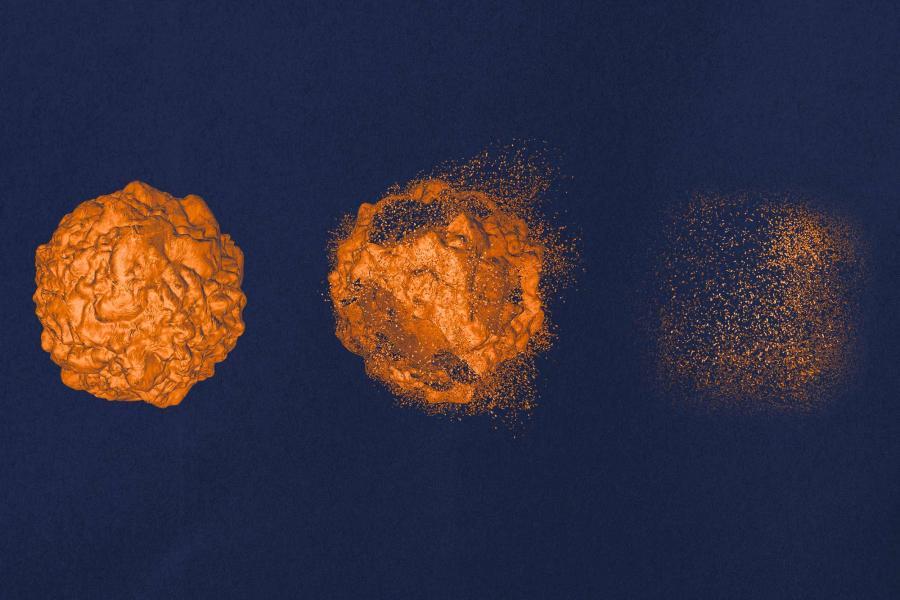From Mary Shelley's classic "Frankenstein" to the video game-turned-TV series "The Last of Us," popular culture is awash with stories about brains, how they work and what happens when they go bad.
At the University of Virginia, more than 250 faculty members study brain development and decline under the umbrella of the UVA Brain Institute. Next week, they'll host hundreds of colleagues seeking to better understand the three pounds of fatty matter in our skulls.
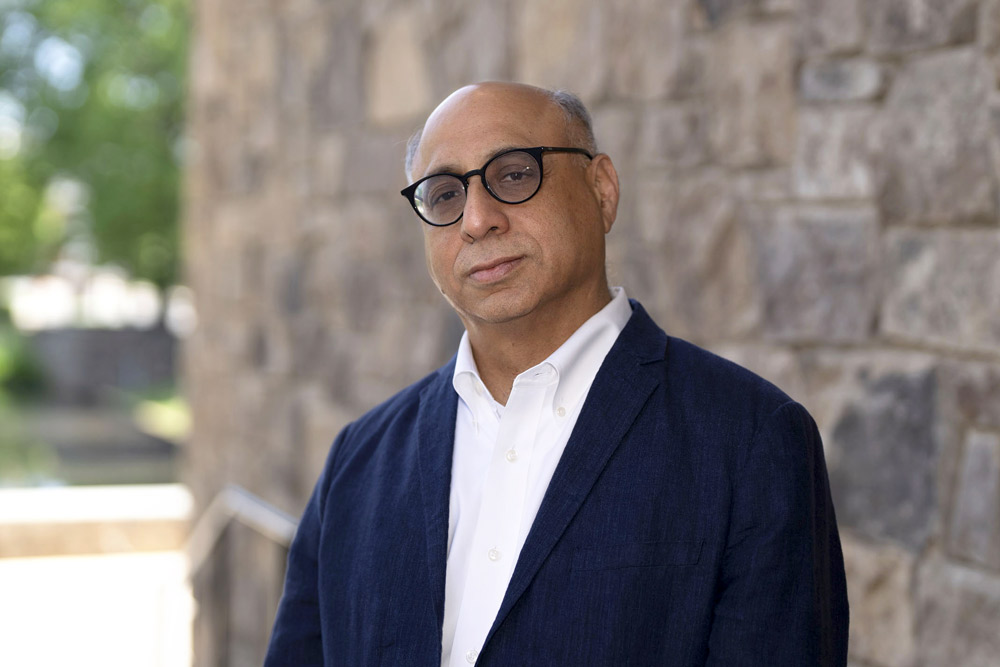
Dr. Jaideep Kapur, a neurologist, will join hundreds of other brain scientists and researchers who are gathering next week at UVA to discuss the latest brain research and cutting-edge therapies. (Photo by Dan Addison, University Communications)
More than 300 brain scientists and researchers will gather in Charlottesville May 21-23 to discuss how neuroscience might solve some of the world's most vexing health problems, including dementia, chronic pain, addiction and epilepsy.
They'll also discuss how science can maximize brain development in premature babies and how research could keep adult brains healthy into later years.
Ahead of the 2024 UVA Brain Symposium - one of the first major events to be held at UVA's new Contemplative Commons - UVA Today chatted with Dr. Jaideep Kapur, a neurologist, about what we know of the brain and what remains to be discovered.
Brain Blast #1
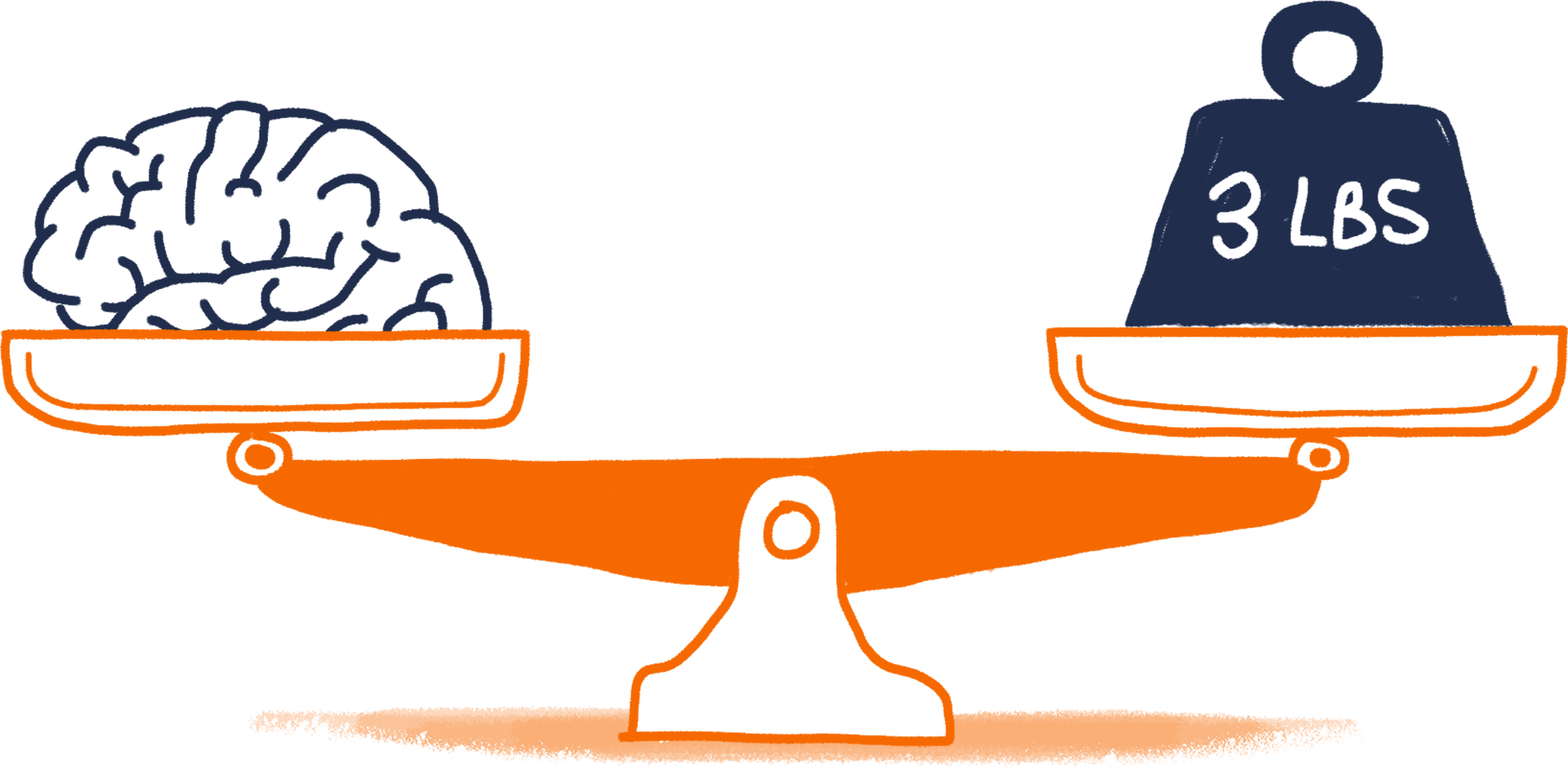
The average human brain weighs about 3 pounds, and most of it - 60% - is fat.
Q. Neuroscience has been around since the 1960s, while the study of brains dates to the Egyptians, possibly earlier. In 2024, what is there still to learn?
A. We are at a point where so much of the brain is yet to be discovered.
Consider that, from the time Christopher Columbus made his transatlantic voyage in 1492, it took another 200 years for colonies to be established. As far as our understanding of the brain, we are at the stage of American independence. We are like Lewis and Clark setting off on their first expedition. There is so much ahead of us.
Brain Blast #2
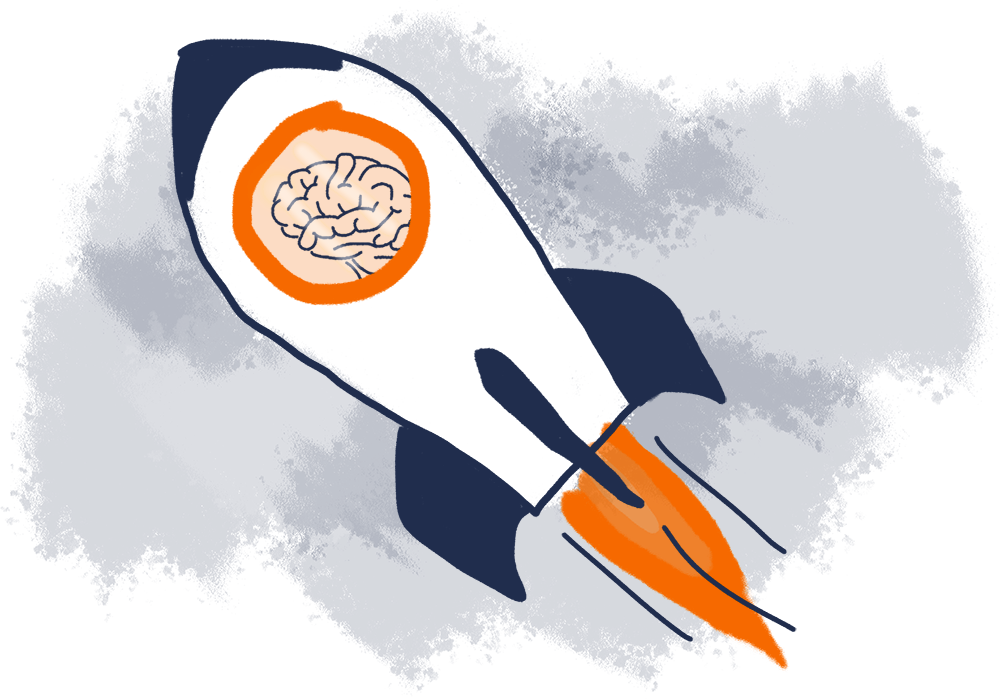
Information travels fast between neurons in the body, up to 268 mph.
Q. What is the UVA Brain Institute working on that will soon have real-world applications?
A. We have several exciting projects we expect will be able to help patients in the near future. The UVA Brain Institute is supporting researchers testing novel treatments for chronic pain and seizures. We have projects around the prevention of dementia. We're following a group of premature babies as their brains develop to understand how we can improve their outcomes and get them ready for school years.
Brain Blast #3
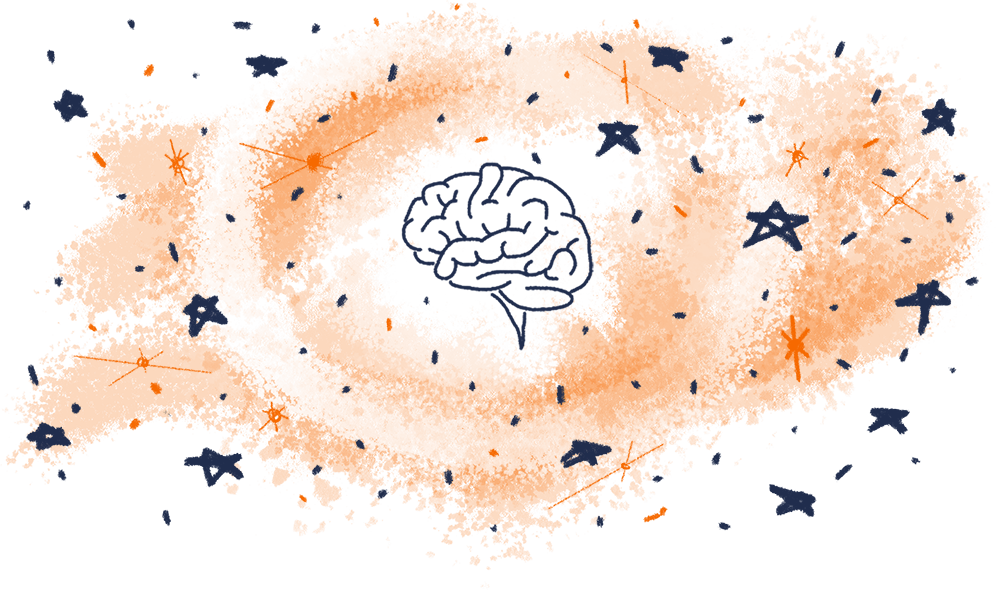
There are 100 billion neurons in the brain, or about the number of stars scientists believe are in the Milky Way.
Q. What is the chance that we, as a society, will cure Alzheimer's in our lifetime?
A. Alzheimer's is not a single disease. There are multiple causes of dementia, and we are starting to learn so much more about these causes.
Plaques and tangles around neurons can cause dementia, which can result from diseases of small blood vessels in the brain. Other conditions include frontotemporal dementia, which actor Bruce Willis faces. Importantly, we also know that adequate treatment of high blood pressure, eating a Mediterranean diet and getting at least the recommended amount of exercise and sleep can delay the onset of dementia in many people.
We expect newer treatments, focused on different proteins and mechanisms, will emerge in the next decade to slow the progression of the disease. Newly available treatments remove amyloid beta (a peptide or chain of amino acids linked to Alzheimer's plaques) from the brain, slowing memory decline.
Brain Blast #4
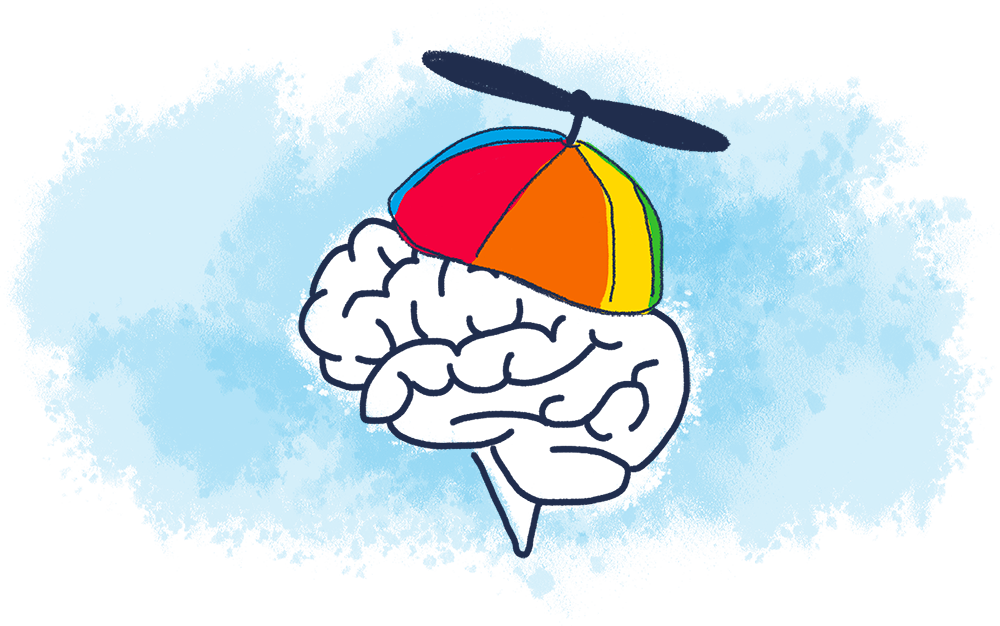
The nervous system is the organ system that takes longest to develop. It isn't done until a person's late 20s.
Q. What are you hoping comes out of the upcoming UVA Brain Symposium?
A. Chronic pain is a serious health issue that, according to the Centers for Disease Control and Prevention, affects 1 in 5 people. That's more than 51 million people.
Since the brain is 100% responsible for pain, finding out how to turn off that pain through the brain is a promising area of research, and I suspect plenty of symposium attendees will be interested in that. Researchers are currently stimulating specific areas of the brain to provide immediate relief from chronic pain. One day soon, there might be a practical way for someone suffering from chronic pain to just switch off the aches, all through the brain.
Other researchers are studying how new therapies combining meditation and unconventional drugs could hold promise for relieving pain.
UVA's Brain Institute is one of the leading neuroscience research centers in the nation, and I believe we'll have a lot to teach through this gathering, and also a lot to learn.
"Brain Blast" facts supplied by the UVA Brain Institute.

